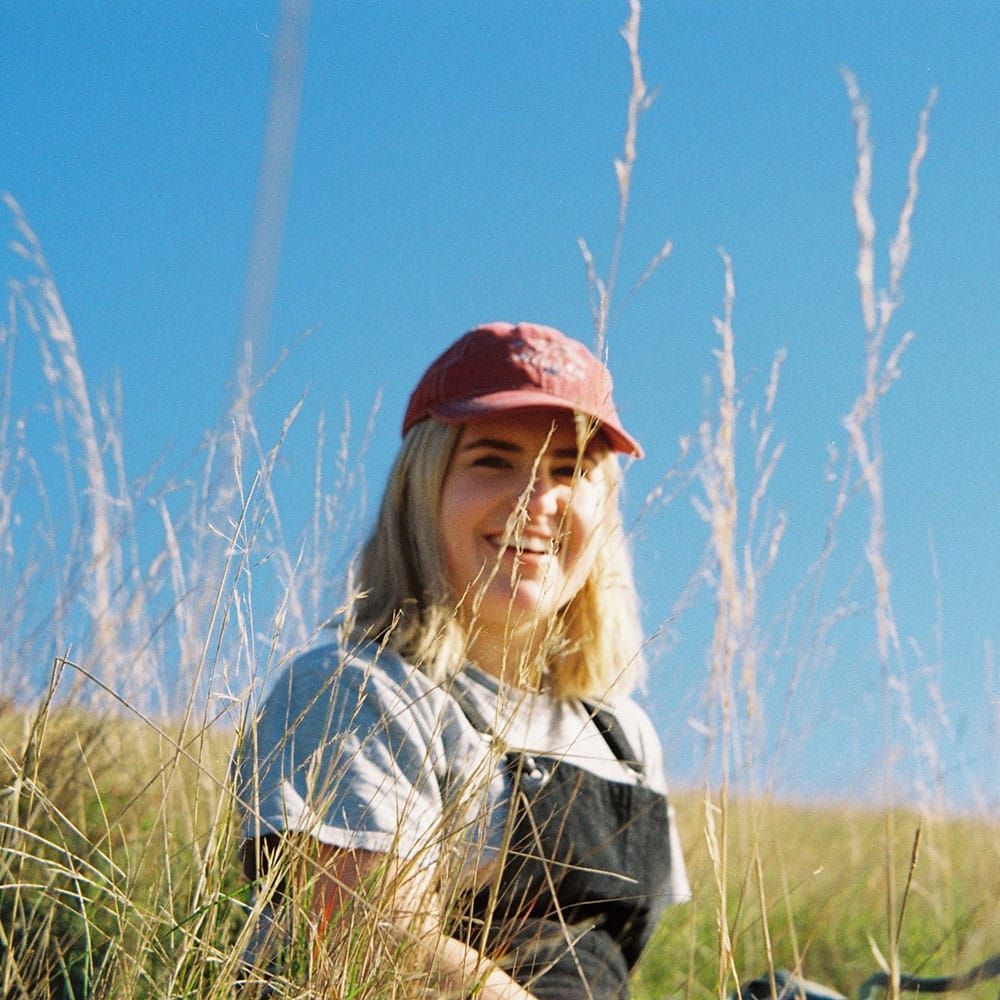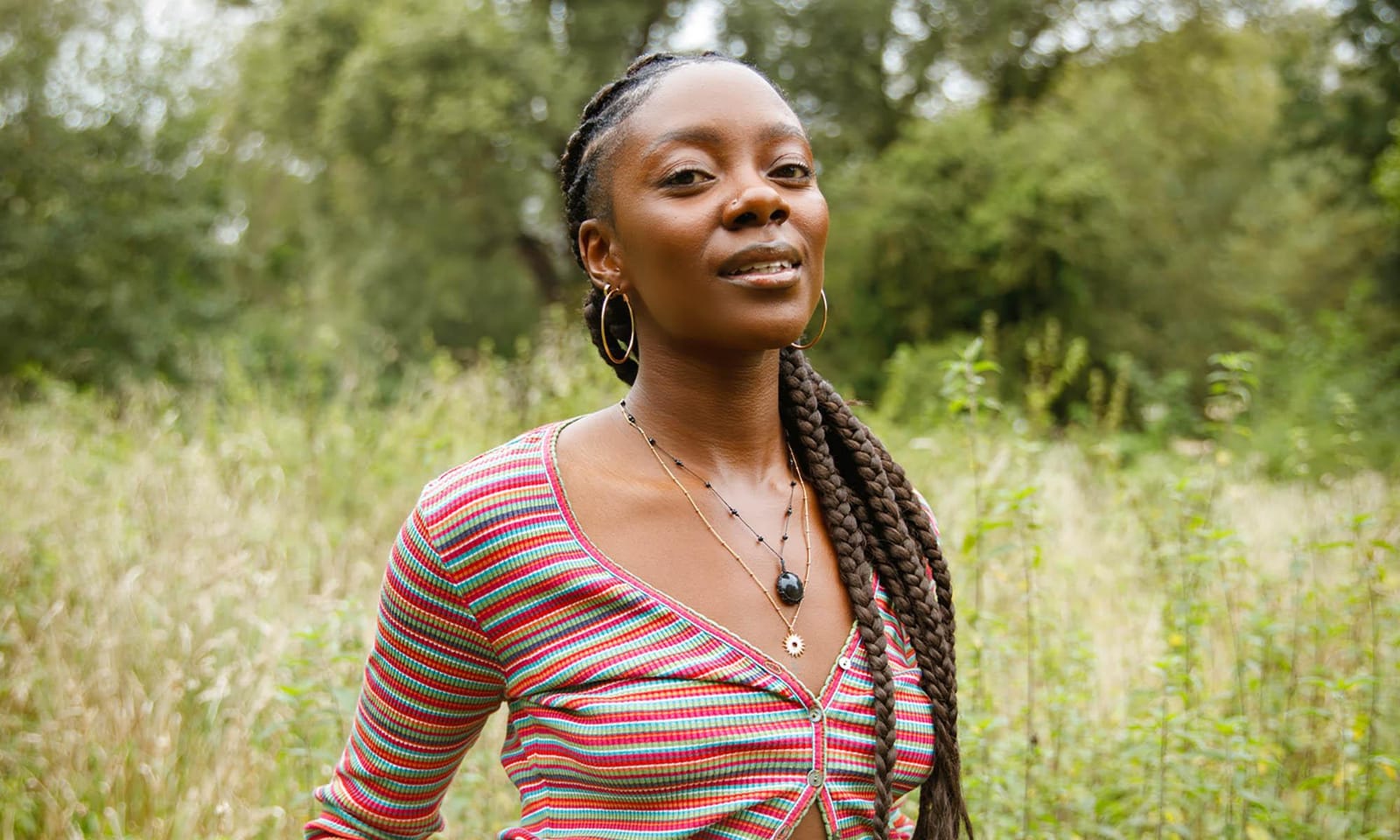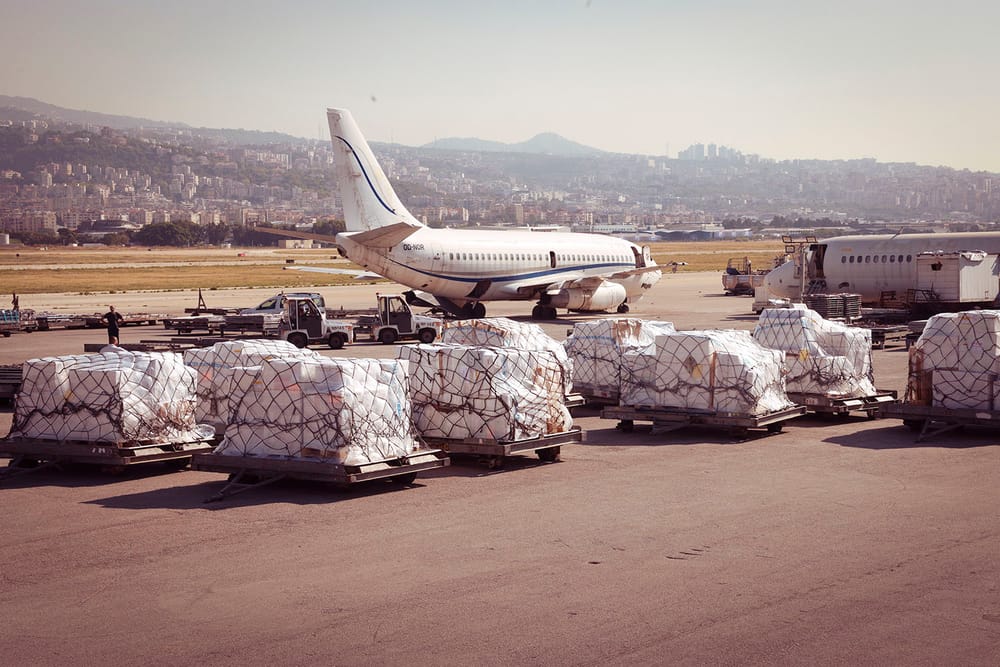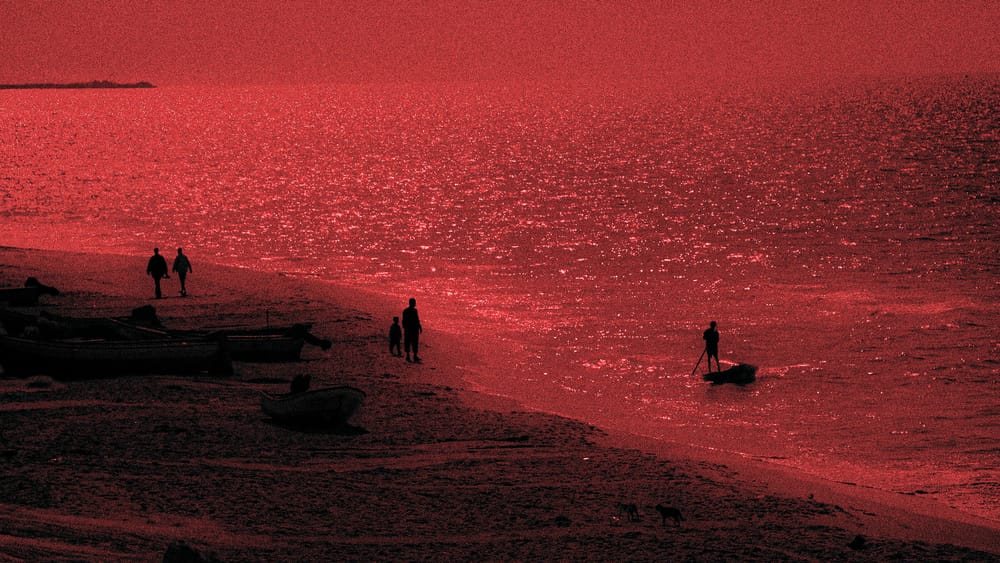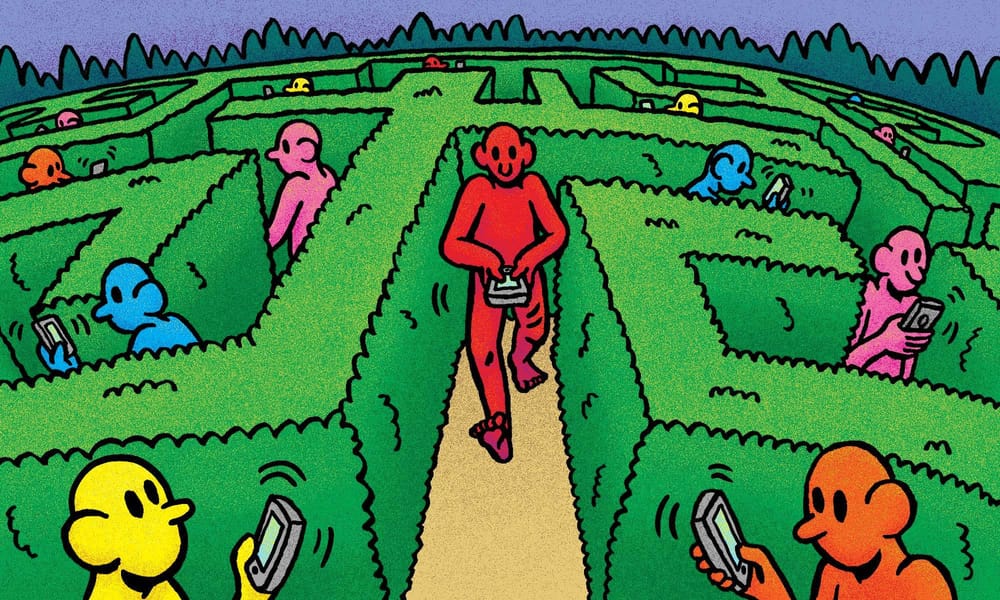In the face of the many seemingly unsolvable problems of the world, it takes courage, faith and determination to take on the role of a superhero. Colours of a Changemaker is a series of interviews with Black, Indigenous and People of Colour from around the world who are using their vocation to create social and environmental change. As Gandhi once said, we must be the change we want to see in the world, and these changemakers are doing just that through their art, music, written works, social platforms and much more.
Standing at the intersection between climate science and social justice, Climate In Colour is an online community and educational platform making climate conversations more diverse and accessible outside the academic sphere. Founded by Joycelyn Longdon in April 2020, Climate In Colour has now grown into a community of over 27,000 climate conscious and curious individuals and has collaborated with a range of organisations all committed to learning, developing and diversifying climate solutions. We spoke with Longdon to discuss the importance of centring Indigenous knowledge and marginalised experiences in the climate conversation, and the necessity of prioritising collaboration over competition.
Your work centres on the intersection of climate science and social justice, with the aim of making this knowledge more diverse and accessible. This information is often reserved for, and documented by, academic circles so I really admire your effort to make this more available and digestible for a wider audience. Could you tell me why it is so important that we focus on this intersection and not only bring these fields together but also move them into the mainstream discourse?
So much of the work that has been done and is currently being undertaken in the climate space, whether in the academic field or in public engagement spaces (for example, social media), is often conducted in silos. We are all working towards and are passionate about making change in the face of the climate emergency and especially in the social media space, intersectionality is a phrase constantly being thrown around. Yet we continue to perpetuate distance and resistance to collaboration, cross-circle discourse and true intersection of thought. I think we miss out on huge opportunities to move faster, with more grace and more impact towards our collective goal by not practising intersectionality in our own work. For me, this is very personal because I am someone who is both academic and loves science and maths but also incredibly passionate about the arts, public engagement and design. I can’t imagine doing one or the other and all the facets of my skills and interests provide invaluable education and guidance for my work in each space. Intersectionality, not just as theory but as practice, is so important in mainstream climate discourse because the public needs to know the many ways in which our daily choices and actions intersect with the harm and oppression of others. Paraphrasing Audre Lorde, there are no single-issue problems, so we can’t have single-issue solutions. Intersectionality of thought, education and action are essential for impactful, effective and sustainable solutions.
You also speak on the importance of centring knowledge that is rooted in experience, not just academia, particularly the experiences of Indigenous and marginalised people. Can you speak about the value and necessity of centring this experiential knowledge in the climate conversation?
Taking a quote from Merlin Sheldrake’s Entangled Life, “We ask questions from the perspective of our cultural context.” Our cultural context guides the questions we ask, how we ask them, what we deem to be important, who we deem to be important and the direction of our inquiry. We all hold our own cultural and lived experiences, but those experiences are part of a huge assemblage of other experiences that we are completely unaware of. Without considering these other experiences, we do a disservice to, again, the opportunities for collaboration and the implementation of effective, locally informed, relevant and appropriate solutions.
Not only are you running the educational platform Climate In Colour, but you are also studying a PhD in AI, Ecoacoustics and Indigenous Knowledge, looking at applying AI to climate solutions. How do you go about integrating marginalised and Indigenous knowledge into these algorithms, and how would this change the face of both AI and climate solutions?
A vast majority of conservation research, including the approaches introduced above, are centred on Indigenous lands in the tropics yet operate at a significant remove from Indigenous communities. My research will look to recentre theory and practices, without privileging one knowledge system over the other (for example, Western science over Indigenous science or knowledge systems) which means co-designing the research from start to end, including where the audio sensors are deployed (are there trees or areas of spiritual significance that should be avoided?), identifying culturally significant markers of forest health (not just important species identified by Western conservationists), including all collaborators/community members as authors on papers, agreeing collectively on data usage, rights and intellectual property. I am right at the beginning of my journey so this is not an exhaustive list but these are some initial examples.
You have spoken about your hope that your research will help you reconnect with your Ghanaian heritage—how has this journey been for you so far?
The journey so far, although I am still in very early stages, has been lovely. I have connected with my mum a little more in terms of learning to speak my language a bit better and it will be bringing me closer to my extended family which is super exciting. It won’t be plain sailing but I feel privileged to be able to include reconnection to my heritage within my research.
On your instagram, you have a regular “on the bright side” post—why is it important to share positive news too?
Only focusing on the negative news does a huge disservice to all those working extremely hard to be part of the solution. All those who get up every day, in the face of adversity and the climate crisis and choose hope (through overwhelm, burnout, fear and helplessness) to create, build and dream better worlds. Positive news illustrates the need for action as an antidote to anxiety.
I really admire your transparency around your own struggles with mental health and your emphasis on never putting anyone on a pedestal but instead, supporting each other on this shared learning journey. How do you cope with climate anxiety and the pressure of being such an influential online presence?
In general, I feel quite removed from my own climate anxiety because I recognise how much privilege I have. I live in the Global North, I attend a prestigious university and live in an area that won’t be disproportionately affected by the climate crisis. Every hour of my days are focused on educating, developing or communicating the climate emergency and building solutions to the biodiversity crisis. I know that every day I take action (whether visible to the world or not) to have a positive impact on the world, and that is enough to alleviate much of my anxiety. Of course there are times when I feel super frustrated and angry at governments and corporations but those moments push me to continue my work.
If you could teach people one thing about climate change and climate solutions, what would that be?
Technology is not a solve-all solution. Intersectionality is key. It disproportionately affects marginalised communities and in order to solve it, we need to prioritise collaboration over competition and engage in diversity of thought and action.
Do you have any advice for our readers on how to engage with and empower their own local communities?
Find your role in the climate movement and take action!
You can follow Joycelyn Longdon on Instagram here, on Twitter here, and you can learn more about Climate In Colour here.


